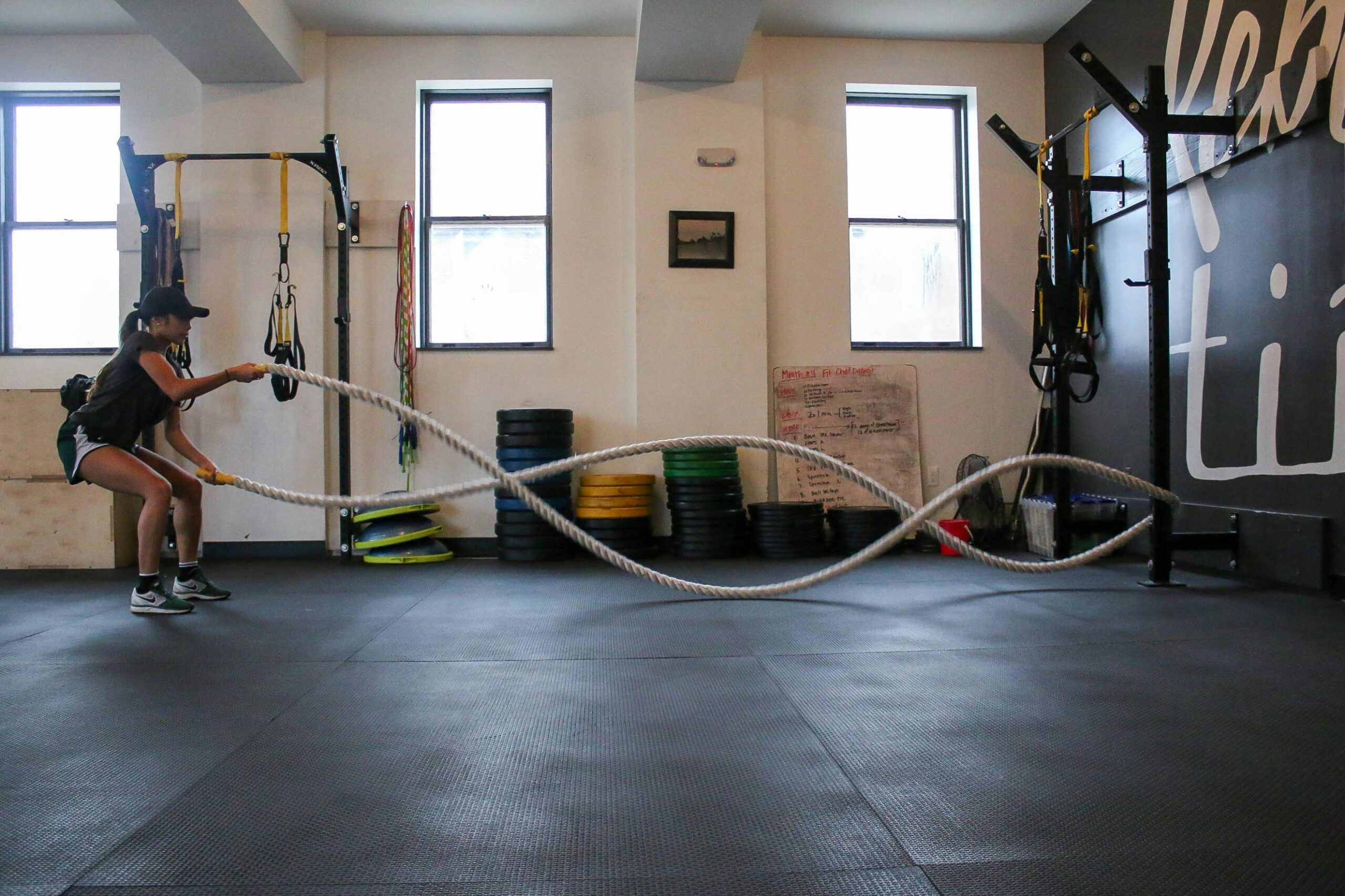Now Reading: Earn Your Art Therapy Certification for Addiction and Support Recovery
-
01
Earn Your Art Therapy Certification for Addiction and Support Recovery
Earn Your Art Therapy Certification for Addiction and Support Recovery

Helping people recover from addiction takes more than clinical treatments. Emotional healing, self-expression, and creativity play powerful roles in the recovery journey. That’s where art therapy steps in. If you’re passionate about mental health and creative healing, earning an art therapy certification for addiction could be your next meaningful step.
What Is Art Therapy?
Art therapy is a mental health practice that uses the creative process of making art to improve emotional well-being. People use drawing, painting, sculpting, or collage to express feelings that are hard to put into words. It’s not about creating beautiful art—it’s about healing through expression.
According to the American Art Therapy Association (AATA), art therapy combines psychological theory and the creative process to support mental health and personal growth. It’s especially effective for people recovering from trauma, anxiety, depression, and substance use disorders.
Why Art Therapy Works for Addiction Recovery
Many individuals struggling with addiction carry emotional pain, trauma, or deep-rooted stress. These emotions can be difficult to process through talk therapy alone. Art therapy provides a safe, non-verbal outlet.
A 2018 study published in the Journal of Addictions Nursing found that creative arts therapies, including art therapy, helped participants improve self-esteem, reduce anxiety, and strengthen coping skills during addiction treatment (Reference: PubMed).
Key benefits of art therapy in addiction recovery include:
- Emotional expression without judgment
- Stress relief through creative focus
- Improved self-awareness
- Healthier coping strategies
- Increased motivation to stay sober
By earning your art therapy certification for addiction, you learn how to guide clients through these healing processes with empathy and skill.
What Is Art Therapy Certification for Addiction?
An art therapy certification for addiction is a specialized training program that prepares professionals to integrate art-based methods into addiction recovery settings. These certifications typically cover:
- Art therapy techniques and theory
- Addiction science and behavioral health
- Trauma-informed care
- Ethics and cultural competency
- Case management and therapeutic boundaries
These programs are designed for professionals working in counseling, social work, mental health, or substance use treatment. Some are open to artists or educators looking to expand their skills in therapeutic contexts.
Steps to Get Certified
Here’s how you can earn your art therapy certification for addiction:
1. Meet the Educational Requirements
Most certification programs require a bachelor’s degree in psychology, art, counseling, or a related field. A master’s degree in art therapy or counseling may be needed for clinical roles.
If you’re starting from scratch, look into graduate programs accredited by the Commission on Accreditation of Allied Health Education Programs (CAAHEP) or the AATA.
2. Choose a Certified Program
Look for reputable programs that specialize in art therapy for substance abuse. Some top institutions include:
- National Association for Alcoholism and Drug Abuse Counselors (NAADAC) – offers a range of certifications, including ones that incorporate expressive therapies.
- American Art Therapy Association (AATA) – provides listings of approved graduate and certificate programs.
- Online programs like College of Complimentary Medicine or The Art Therapy Project offer flexible certification options.
3. Complete Supervised Training
Hands-on experience is essential. Many programs require clinical supervision hours in addiction recovery centers or mental health facilities. You’ll work directly with clients and apply art therapy techniques in real-world settings.
4. Pass Certification Exams
Some certifications require an exam or a portfolio review. Once certified, you can apply your knowledge in residential treatment centers, outpatient programs, schools, or private practice.

Where You Can Work With Certification
With your art therapy certification for addiction, you can work in:
- Rehab and recovery centers
- Hospitals or detox units
- Mental health clinics
- Youth centers and schools
- Private practice or nonprofit agencies
Art therapy is also growing in telehealth and online counseling platforms, offering more flexible career paths.
The Demand for Holistic Addiction Support
Addiction is a complex disease, affecting more than 46 million Americans in 2021 alone, according to the Substance Abuse and Mental Health Services Administration (SAMHSA) source. With rising mental health concerns, the need for holistic and trauma-informed treatment is growing.
By adding art therapy for addiction to your skillset, you stand out in a field that’s increasingly valuing emotional and creative support.
Real Stories: Art Therapy in Action
Many recovery programs report significant progress in clients who engage in art therapy. For example, one California-based treatment center shared that 70% of their patients found art sessions more helpful in expressing emotions than talk therapy alone.
Art therapy helped a young woman named Jess, who struggled with heroin addiction. In her recovery, she created a visual diary with collages that represented her pain, goals, and dreams. She said, “It gave me a voice when I didn’t know what to say.”
Is It Worth It?
If you’re drawn to creativity, emotional healing, and supporting others, then yes—earning your art therapy certification for addiction is deeply rewarding. You’ll witness transformation, help people build healthier lives, and grow both personally and professionally.
Final Thoughts
Healing from addiction requires more than just quitting a substance. It’s about rebuilding one’s life from the inside out. Art therapy taps into the power of creativity to unlock emotions, reduce stress, and foster resilience. With your art therapy certification for addiction, you can be a part of that healing journey.

Hi, I’m Kristi Jenkins, a passionate blogger and content writer with a love for storytelling. With years of experience in writing engaging and insightful articles, I focus on topics like mental health, lifestyle, and personal growth. My goal is to create content that inspires, educates, and connects with readers on a deeper level.


























